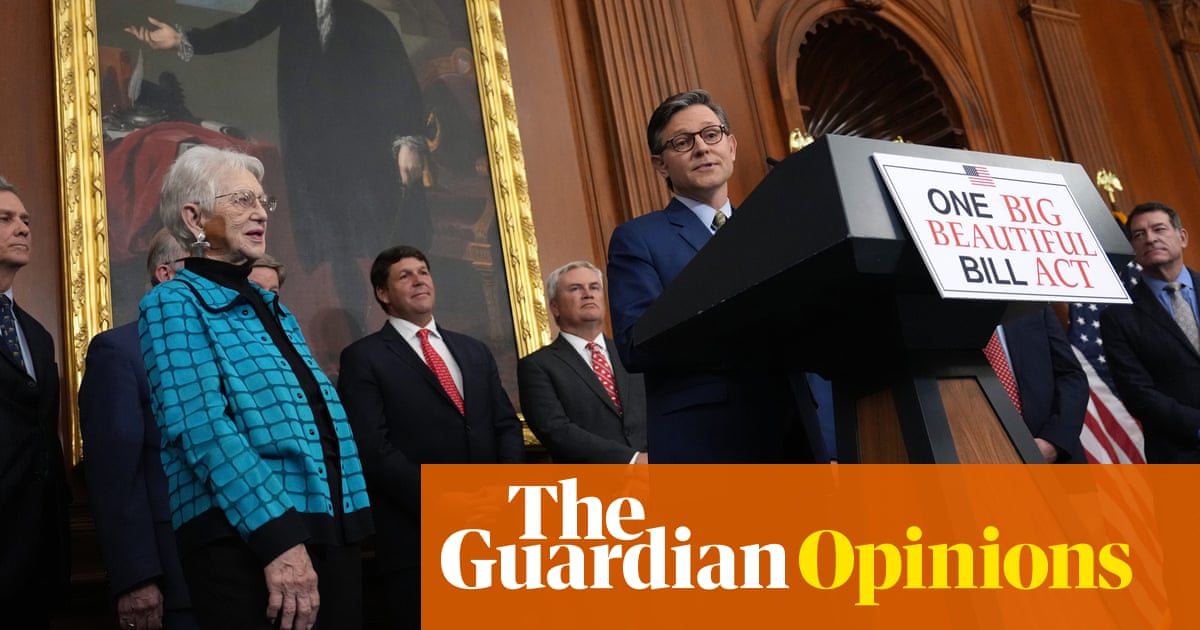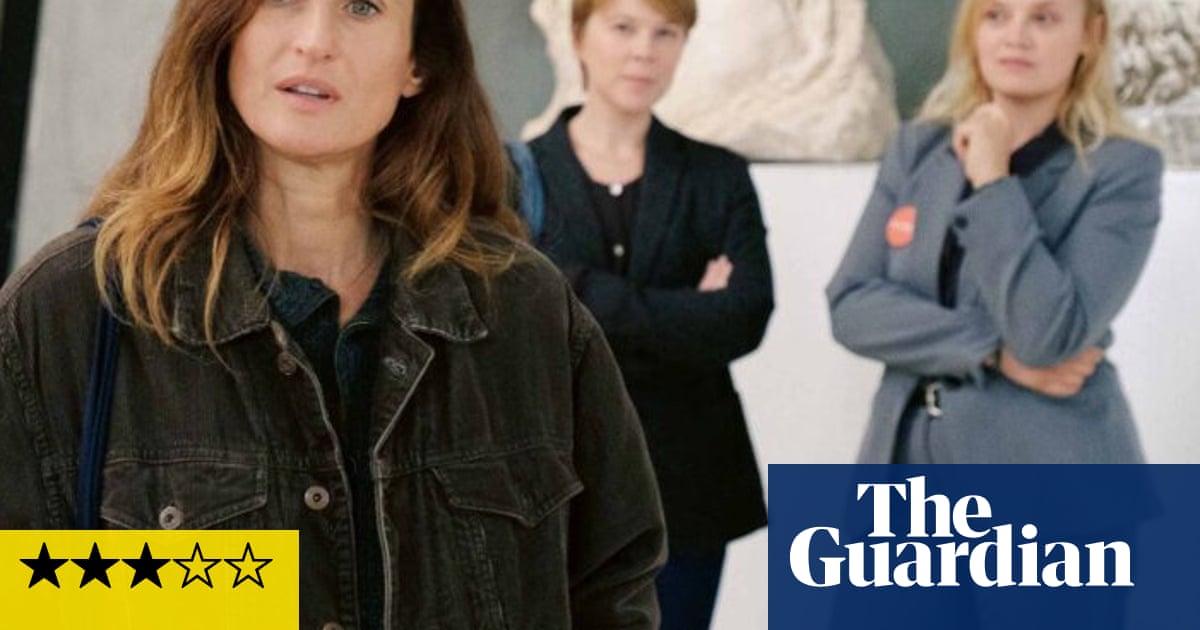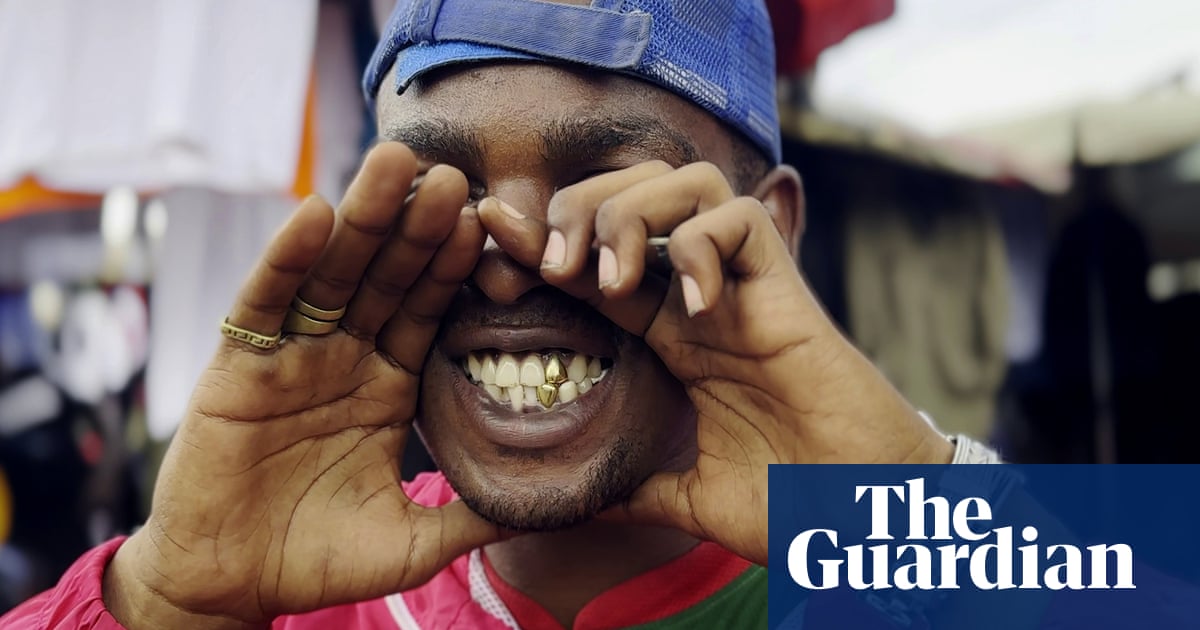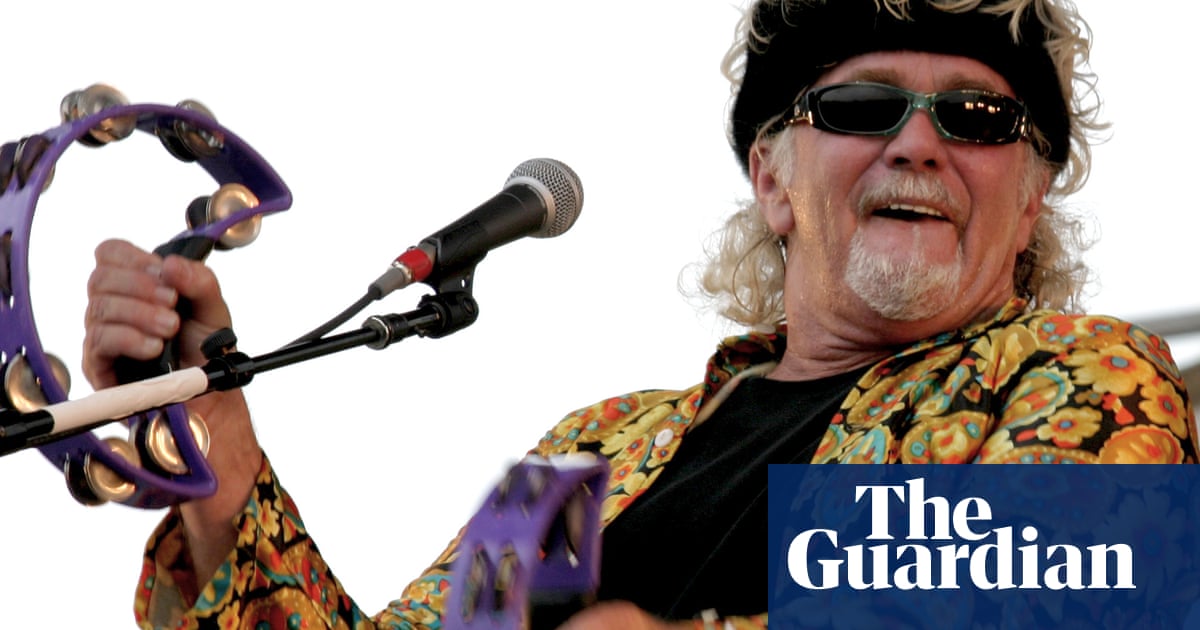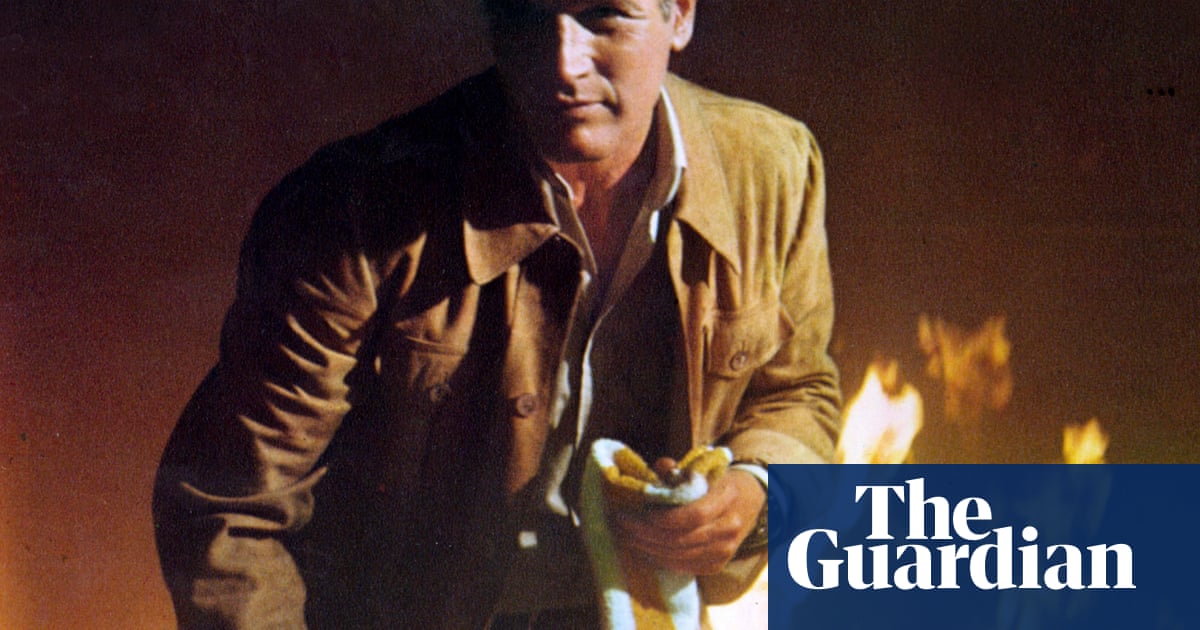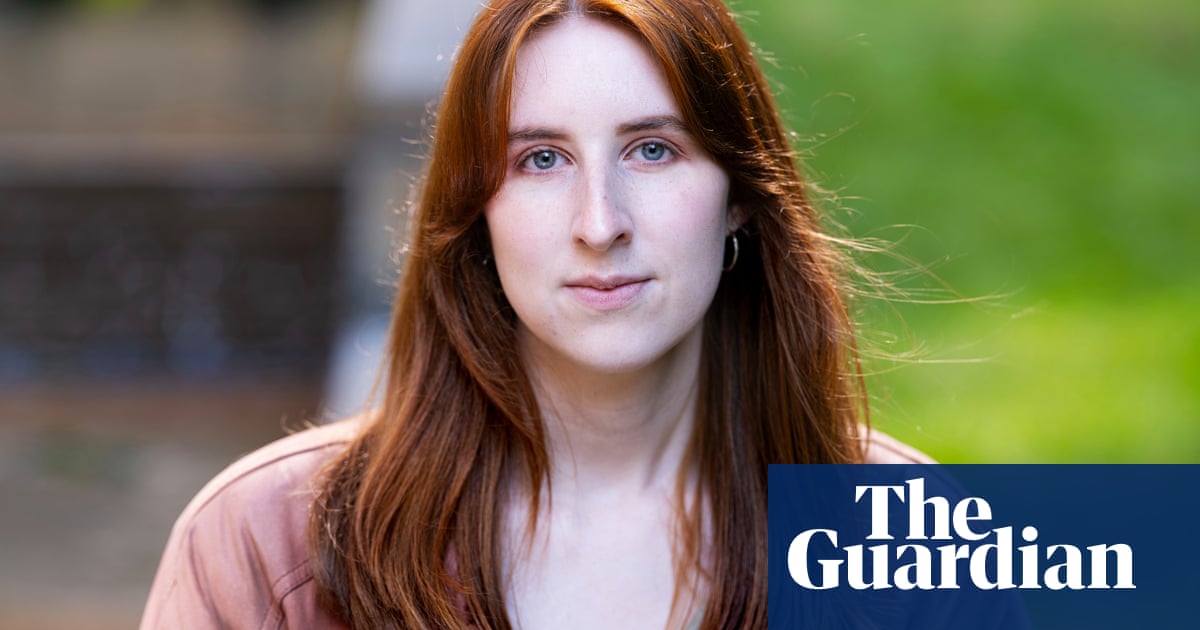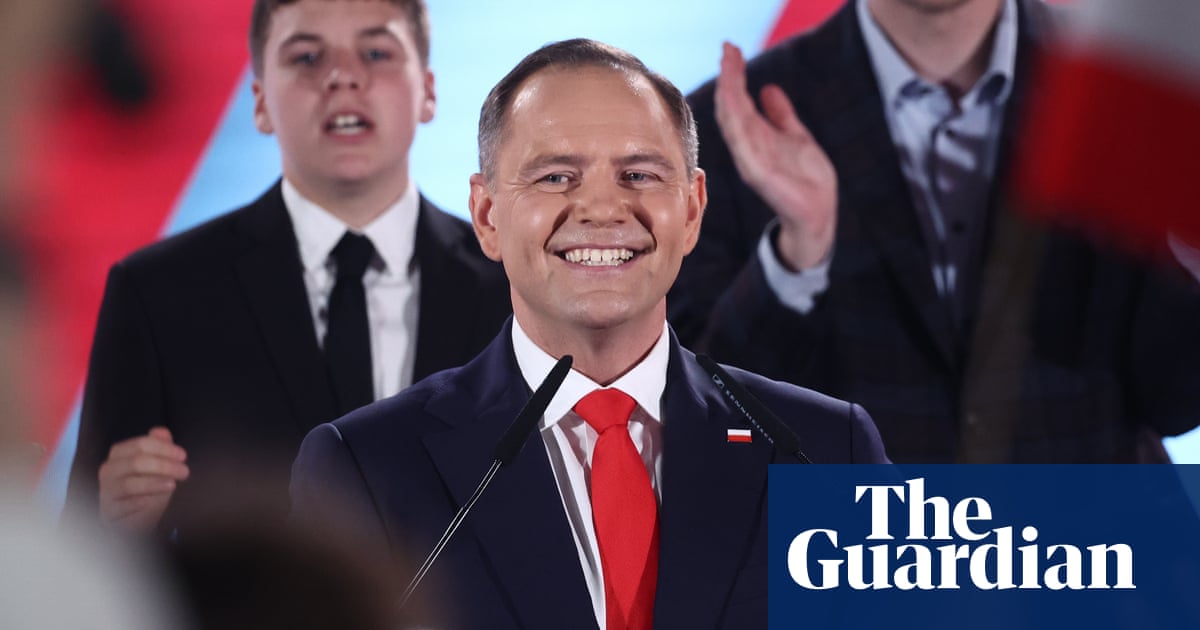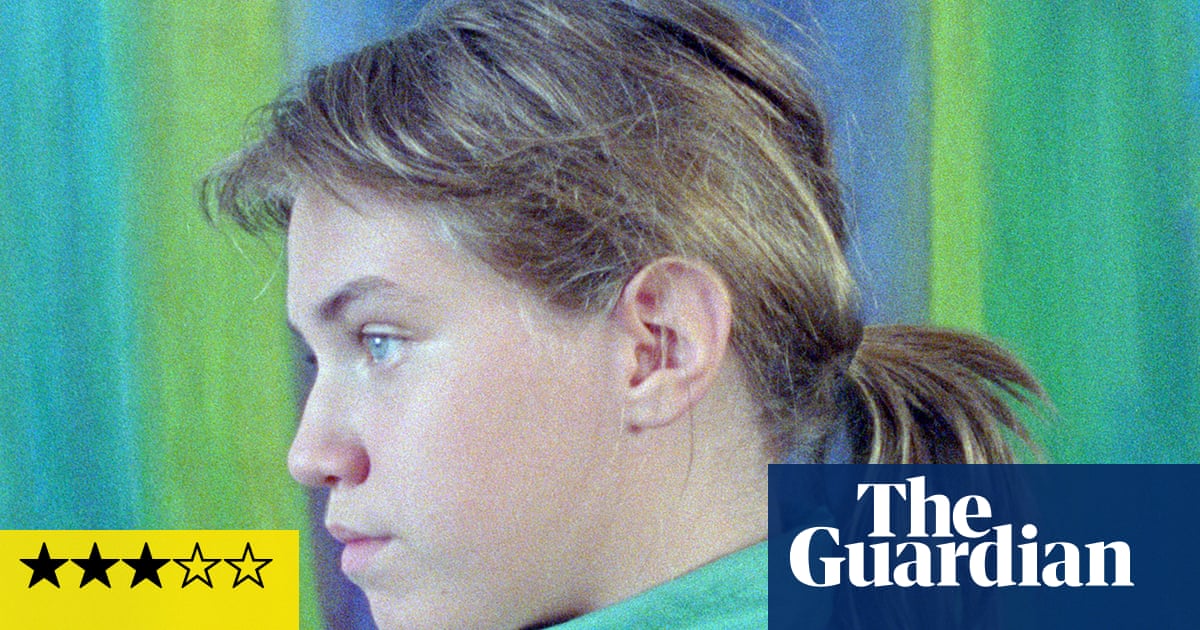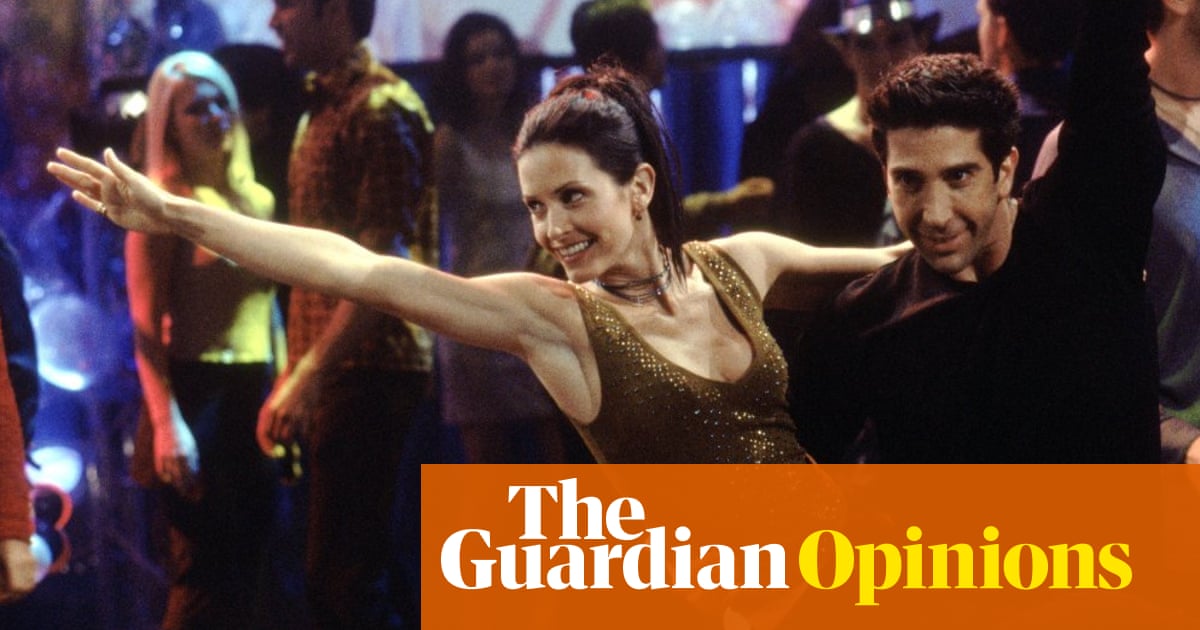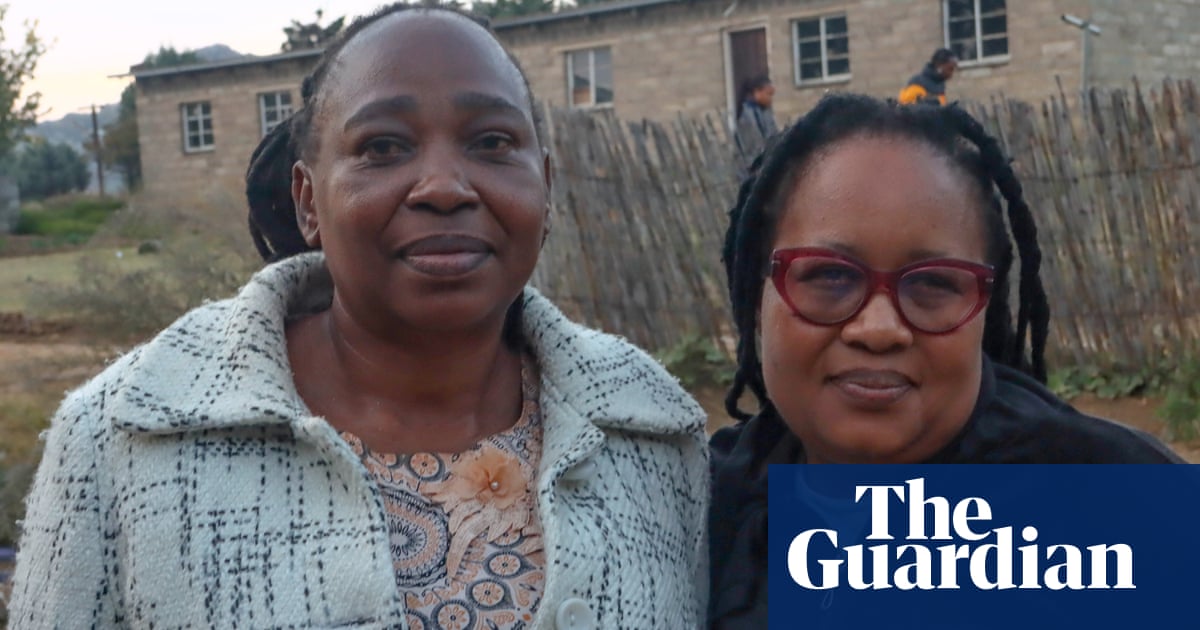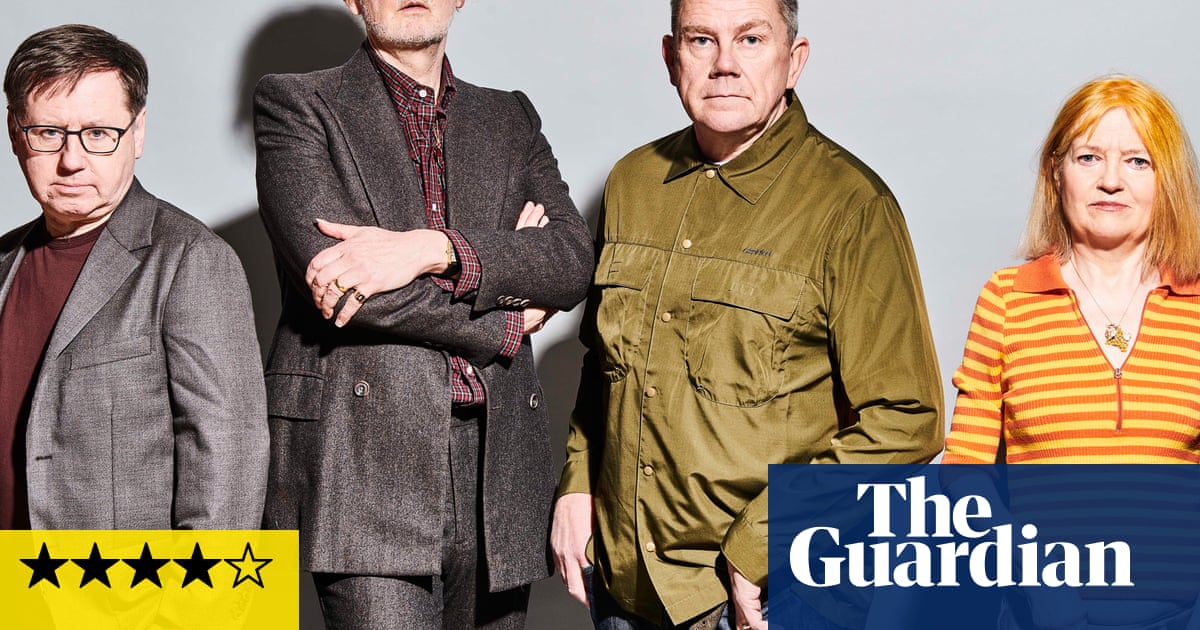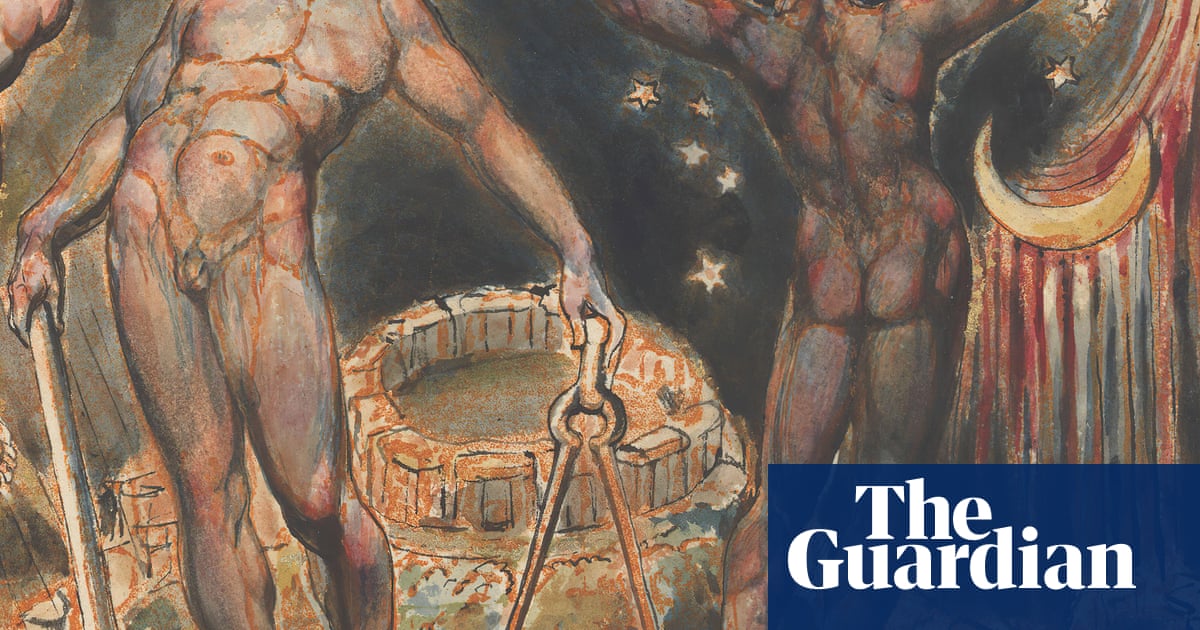Margaret Atwood has said she cannot remember another point in her lifetime “when words themselves have felt under such threat”.
“Words are our earliest human technology, like water they appear insubstantial, but like water they can generate tremendous power” the 85-year-old novelist said in her acceptance speech for the freedom to publish prize at the British Book awards.
“Political and religious polarisation, which appeared to be on the wane for parts of the 20th century, has increased alarmingly in the past decade,” she added. “The world feels to me more like the 1930s and 40s at present than it has in the intervening 80 years.”
The British Book awards, colloquially known as the Nibbies, are a set of prizes for authors, illustrators and book industry professionals run by the publishing trade magazine, The Bookseller. Other significant awards presented at the award ceremony were author of the year, which went to Percival Everett for his novel James and overall book of the year, which went to Patriot by Alexei Navalny, accepted on his behalf by his widow Yulia Navalnaya. “Receiving this award, from across the book community is a powerful recognition of the strength of Alexei’s voice,” Navalnaya said. “It tells us that truth still matters, that integrity matters, that words can break through even the hardest walls and reach hearts everywhere.”
Though Atwood did not attend the ceremony in London, she recorded a video acceptance speech to be shown when she was announced winner of the freedom to publish award, which is supported by freedom of expression campaign organisation Index on Censorship and was established in 2022 to “highlight the growing threats to writers, publishers and booksellers, and to amplify those who fight back”.
after newsletter promotion
The Canadian writer began her speech by saying that she was “more than honoured” to be receiving the award, though “a little puzzled”. “Unlike so many writers, publishers and booksellers, both in the past and today, I have never been imprisoned – though I may have to revise that statistic if I attempt to cross into the United States in the near future,” she said.
“I have worked as a writer and in my youth in small press publishing for 60 odd years,” the author of The Handmaid’s Tale went on to say. “Those years included the Soviet Union, when samizdat was a dangerous method of publishing. Hand-produced manuscripts were secretly circulated and bad luck for you if you were caught. They’ve also included the recent spate of censorship and book banning, not only in the oppressive countries around the world, but also in the United States. They have included too the attempt to expel from universities anyone who disagrees with the dogmas of their would-be controllers.”
Atwood is the fourth recipient of the freedom to publish prize, which is decided on by The Bookseller and Index on Censorship. Previous recipients have included Salman Rushdie and Arabella Pike, a publishing director at HarperCollins who was recognised for her “fortitude and bravery” in defending two of her authors in the face of legal battles brought against them by Russian oligarchs.
Philip Jones, editor of The Bookseller and the British Book awards’ chair of judges, said: “From east to west, our writers are now challenged, coerced and threatened in ways we thought were being consigned to history. Margaret Atwood and her books stand against that.”
Atwood’s The Handmaid’s Tale, a dystopia about an oppressive society in which women are forced to give birth to children, is one of the books most often challenged or banned in US schools. In 2022, the novelist announced an “unburnable” edition of her most famous novel as a symbol against censorship. With “acts of bold creativity” such as this, as well as through her writing and public advocacy, Atwood “confronts repression not with fear but with wit and clarity”, said Jemimah Steinfeld, CEO of Index on Censorship.

 2 weeks ago
32
2 weeks ago
32

